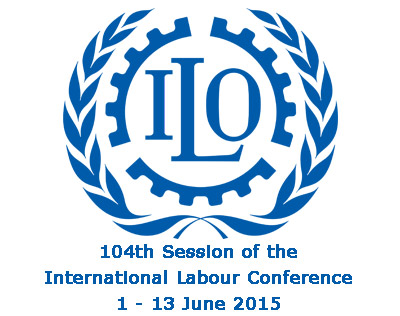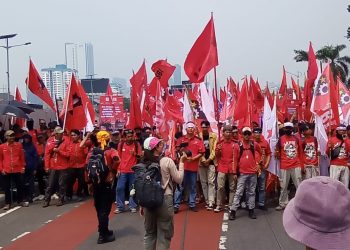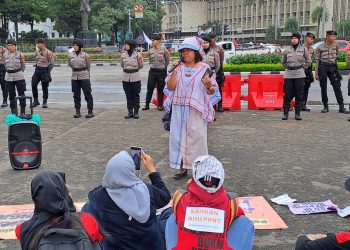Intervention of Migrant CARE – Migrant Forum in Asia on Workers Groups meeting, Committee for the Recurrent Discussion on Social Protection, 104th International Labor Conference, 3 June 2015
On question in which ways ILO,s policies and technical assistance helped constituents to address these challenges?
The issue of migrant workers and migrant domestic workers particularly in the context of Indonesia. Eighty-three (83%) of Indonesian migrant workers are domestic workers. A large majority of the domestic workers’ employers expect them to work like robots or machines and do not treat them as human beings. Like robots, they are forced to work at least 18 ours a day without proper rest.
The demographics of female migrant workers are increasing. They are vulnerable to gender-based violence and do not receive protection under the law. Consequently, many of their abuses are not brought to justice. Because of these abusive conditions in the workplace, unfortunately, many Indonesia domestic workers become psychologically ill and tragically murder their employers out of self-defense, which results in them facing the death penalty.
Recruitment agencies are receiving many benefits from the migration system because of high recruitment fees paid by the migrant workers. In Indonesia, the cost of recruitment fees for domestic workers going to Hong Kong and Taiwan are more expensive than the tuition fees to study for a bachelor degree at university.
The ILO has offered technical assistance to the Indonesian government to pay the way for ratifying C189. However, four years after the adoption of C189, the Indonesian government has still not ratified it. We hope that the ILO will continue to offer assistance to the Indonesian government so that the government will ratify C189 as soon as possible.
The ILO important to strengthen to continue to support the agenda of campaigning the decent work, organizing, educating and capacity building of domestic workers in workplace











